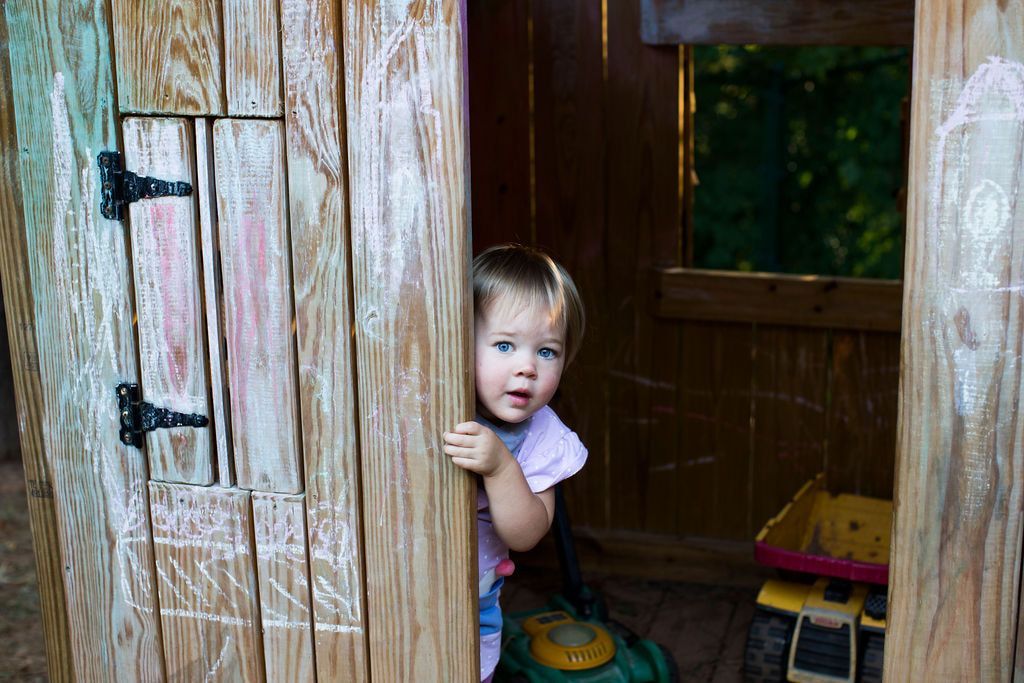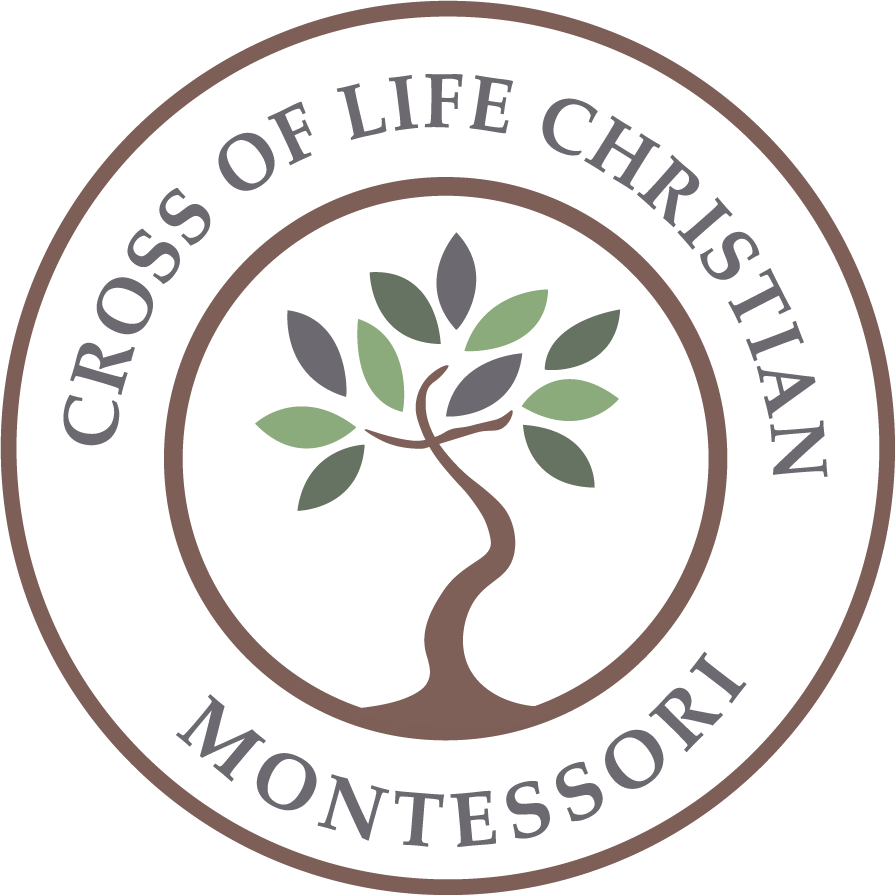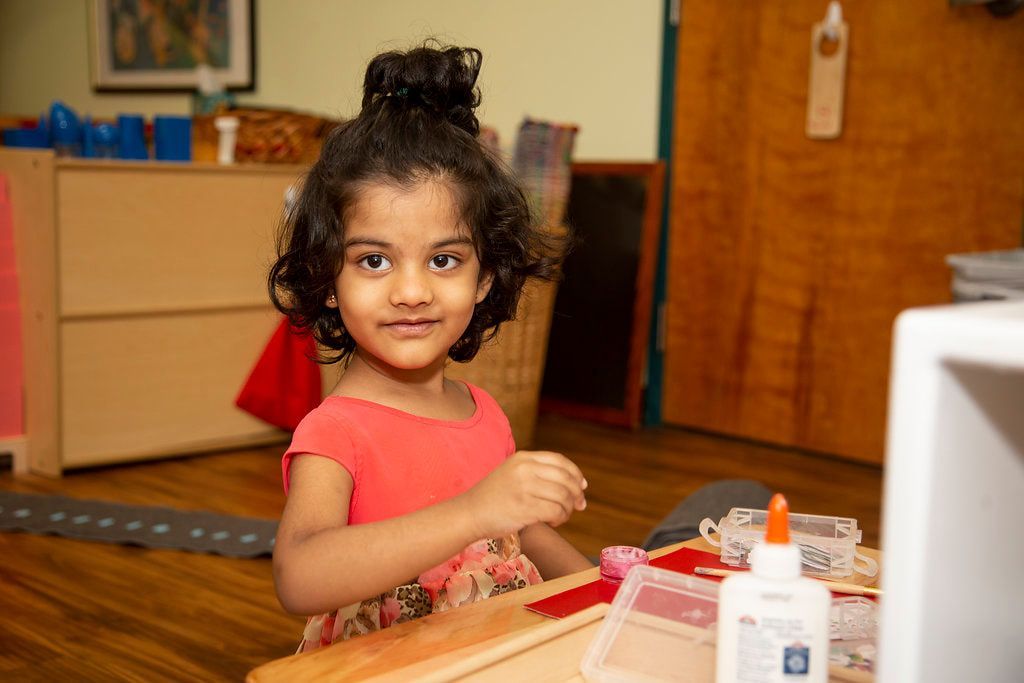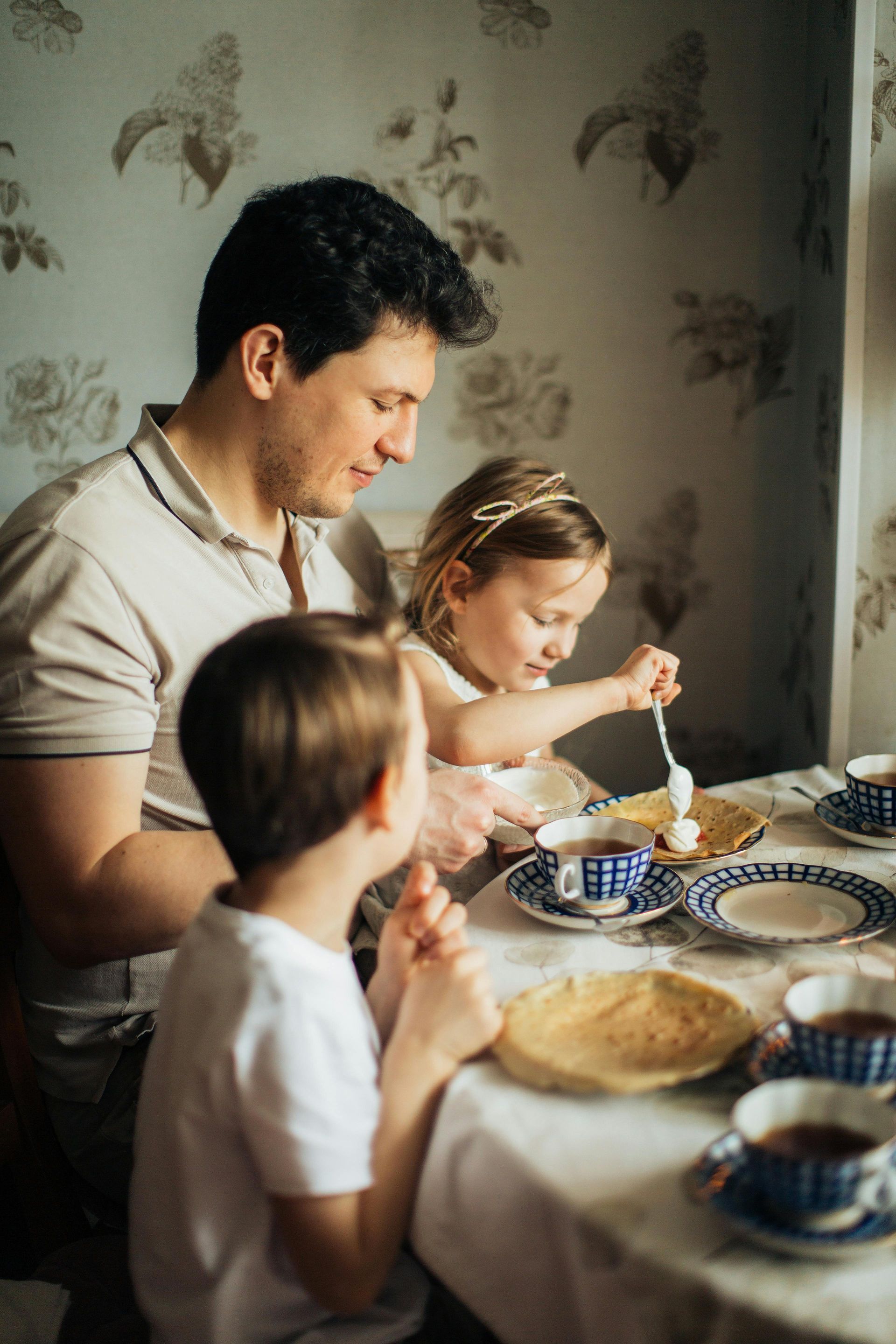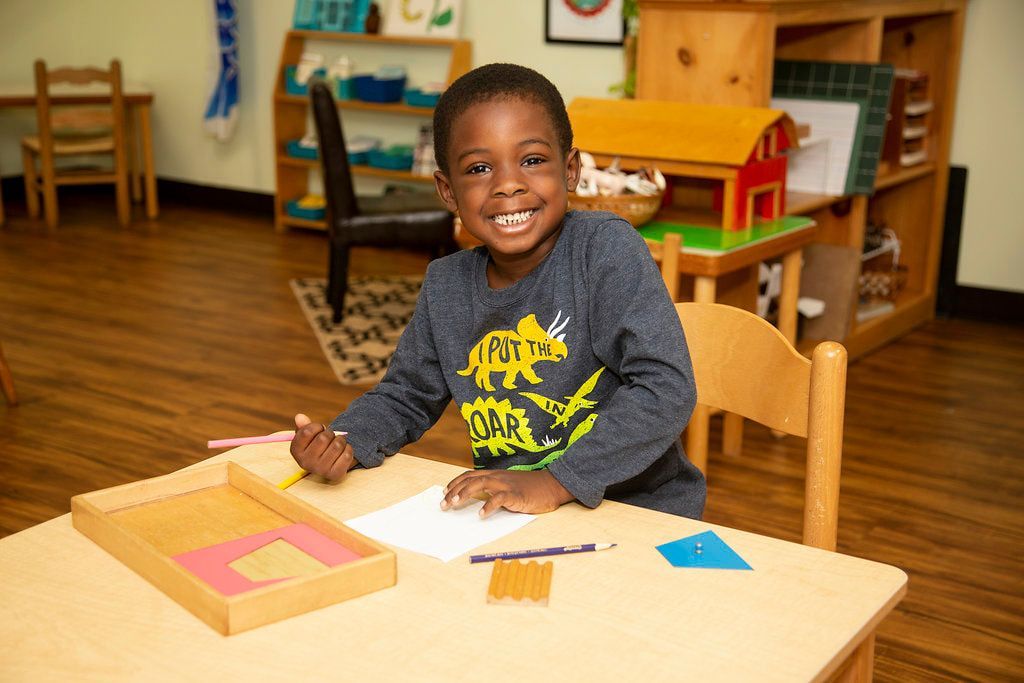
Montessori education offers a unique experience designed to help children maximize their potential; an educational environment that is purposefully designed to meet their developmental needs. Working in an optimally prepared environment, the trained adult will observe and connect the children with exactly what they need at that very moment to thrive.
A school is a group of people who come together with a common purpose; education is the experience that your child has with these people. Montessori education is known as an aid to life so their experience will serve them now and for the rest of their life.
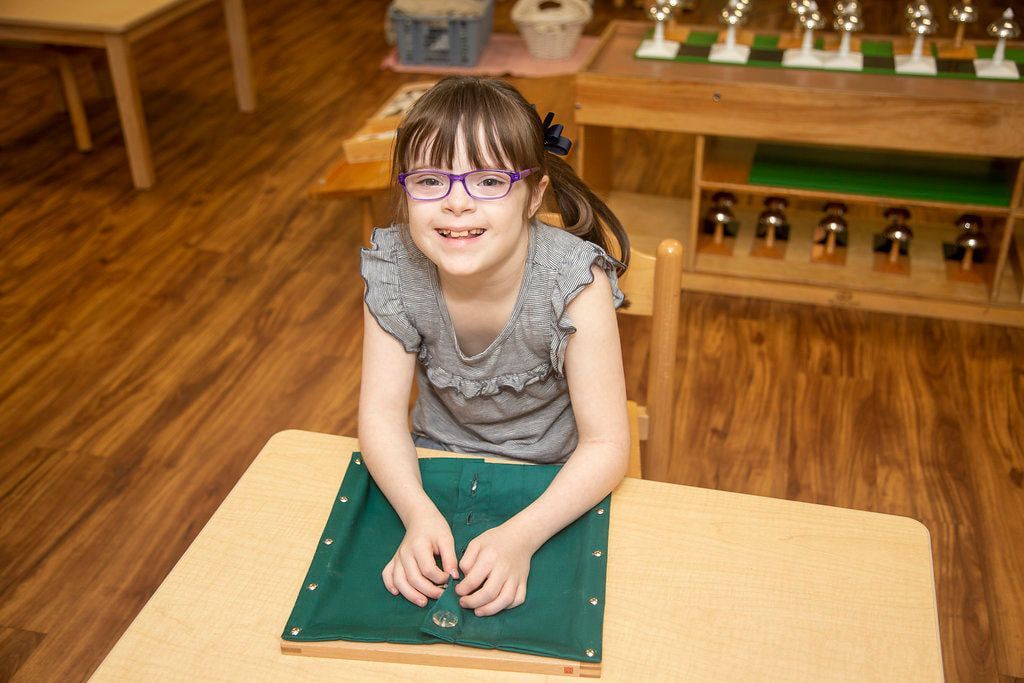
The conventional educational system was designed during the industrial revolution, when the masses moved into urban areas to work in factories.
They created an effective method of training the next generation of factory workers. Children were instructed to memorize and regurgitate facts – to stop working when the bell rings – to sit in nice, neat rows of desks and ask for permission to move. This approach is no longer relevant in our modern culture.

Today, successful people work on comprehensive projects, not factory lines. They are rewarded for creating and inventing things rather than following orders. And, they are expected to adapt quickly to change within their profession, rather than working at the same job for 50 years.
As we peek into the ever-changing future of the 21st century, Montessori programs offer a safe harbor for parents: a century-old, research-based method that has been proven to develop some of the brightest minds of our times and is well positioned to develop the movers and shakers of tomorrow.
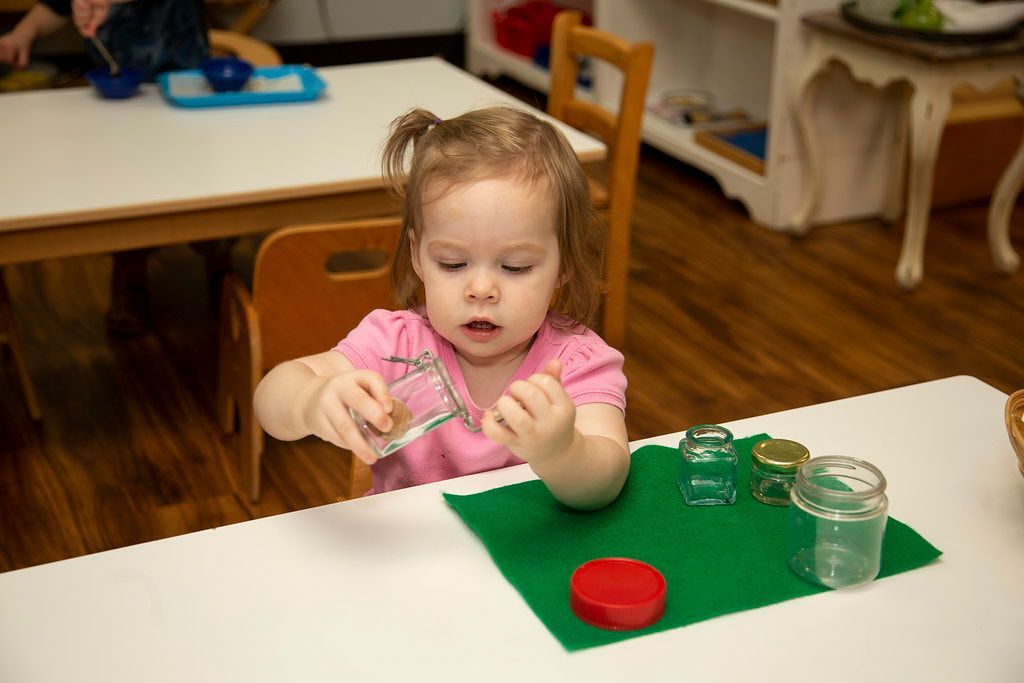
But what exactly is Montessori education?
At its core, it simply is a way of being with children that allows each child to develop fully into the person he or she was destined to be. Just as you make every effort to ensure your home is loving and safe – so your child feels secure and well-adjusted – we work diligently to ensure the physical environment, the teachers and the student community will meet your child’s needs with respect and support at each step in his educational journey
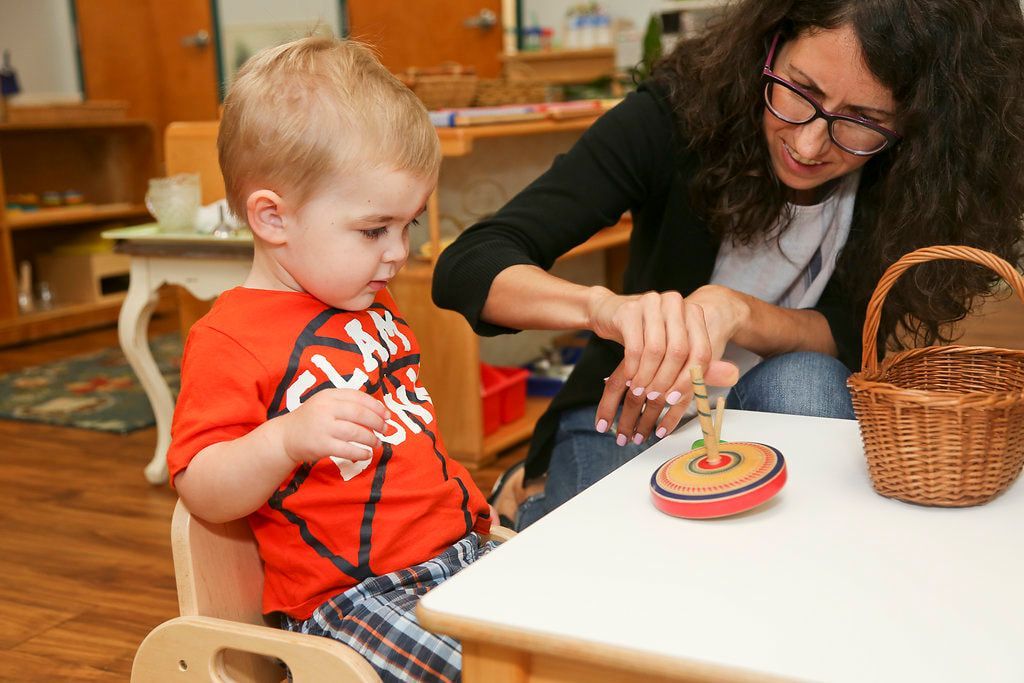
The Montessori environment has three essential parts: the teacher, the materials, and the children. Instead of expecting that he pays attention to the teacher in front of a class of 30 children, it is the Montessori teacher, or guide, who observes and responds to your child’s needs and interests which fosters a trusting relationship – an education partnership of sorts – in which he will have faith that the adult truly understands and respects him for the human being into which he is transforming.
The uniquely designed materials offer first-hand experiences for the children to discover and apply their newly acquired knowledge.
The children in the community observe and learn from each other through free movement and choice within the environment. All three work together in sync with the needs of the community and the individuals it’s comprised of.

Our world doesn’t need more test takers, memorizers or followers. Now, more than ever, we need critical thinkers, entrepreneurs and do-ers. Montessori education prepares children to take on the future with confidence and zeal, propelled by the gift of self-knowledge and a lifelong passion for learning.
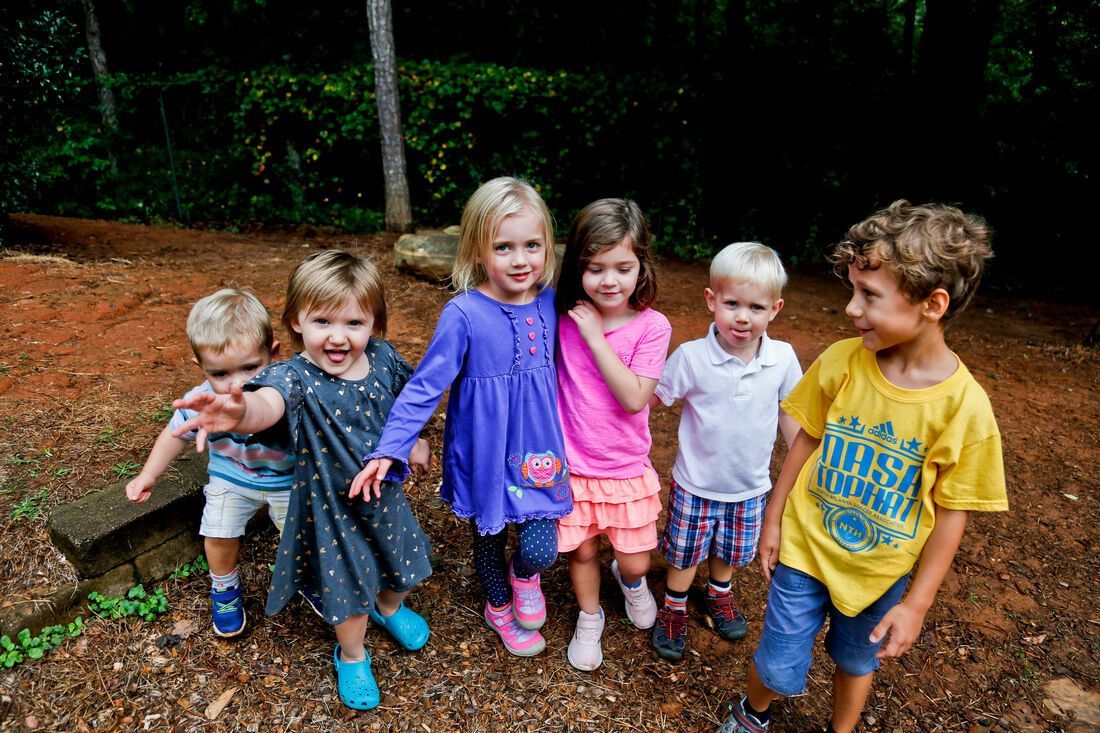
Thank you Meg Porter Photography for the images used in this post.
